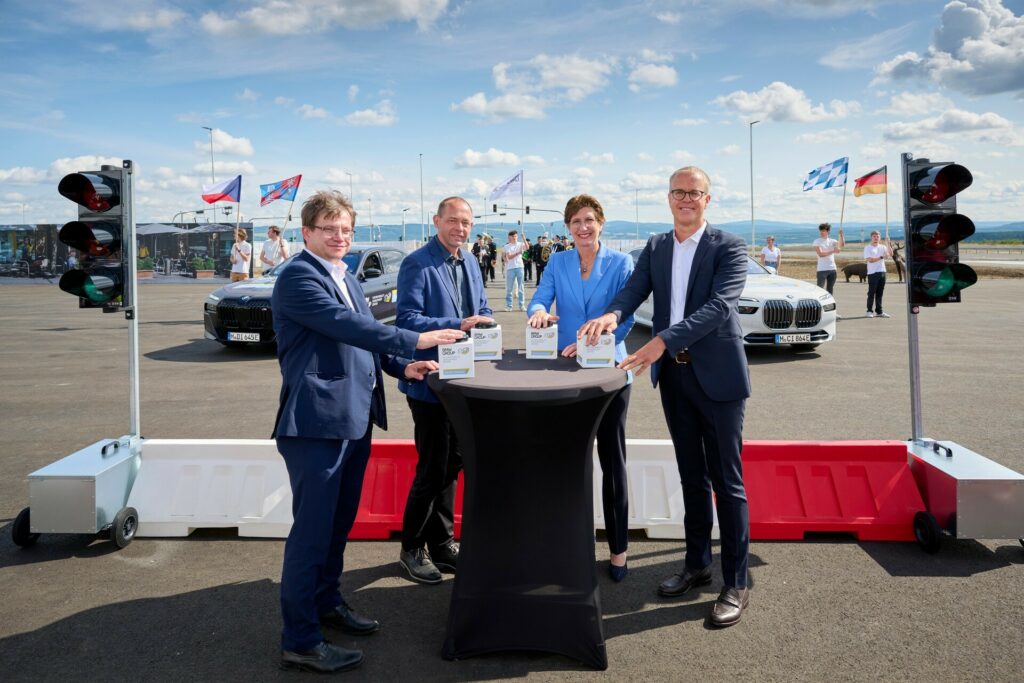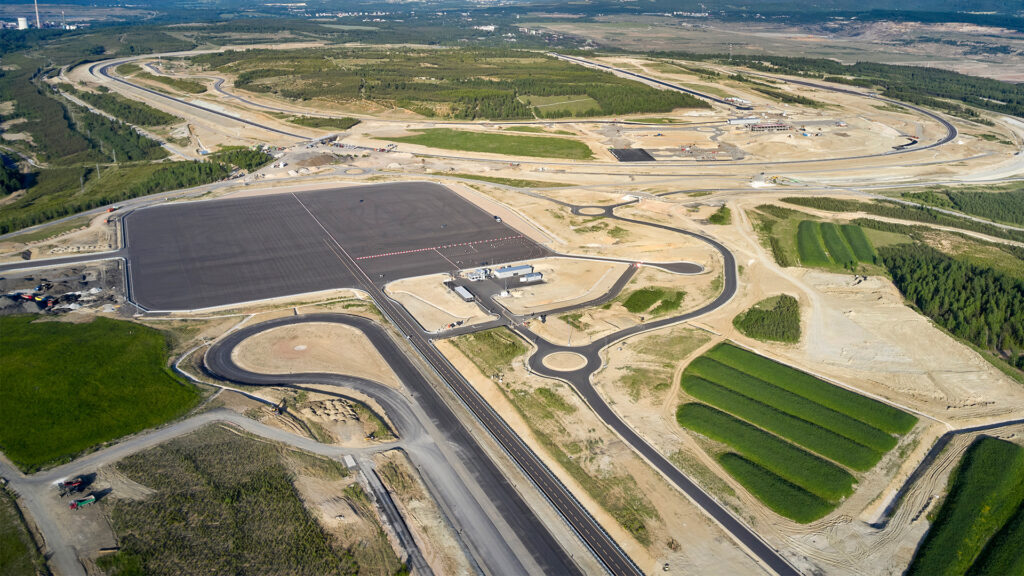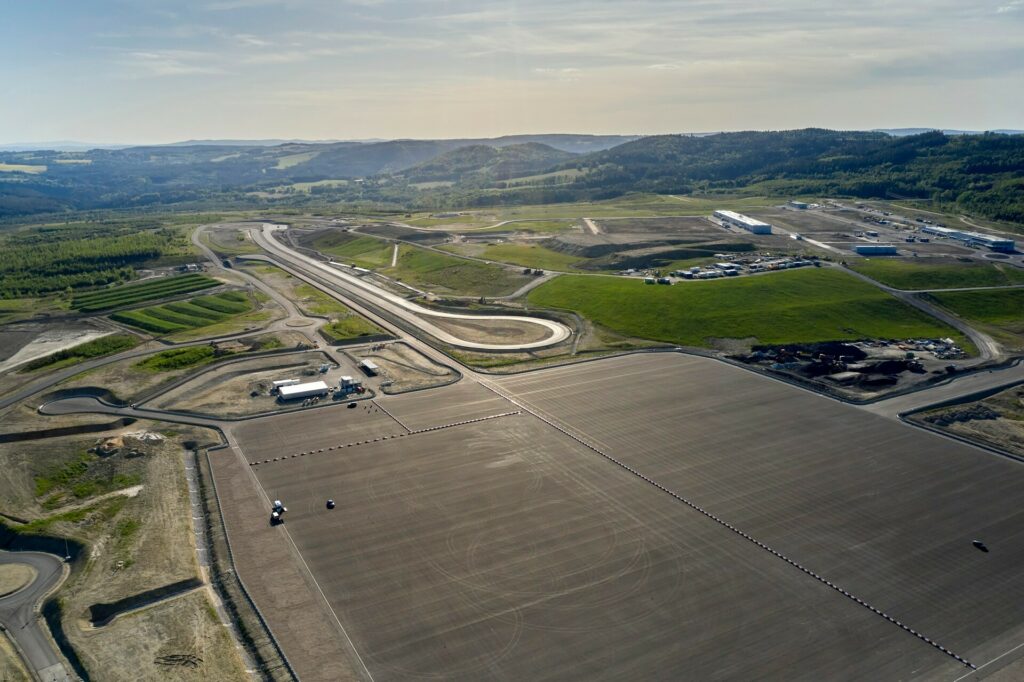BMW has launched a massive new test site in Sokolov, in the Czech Republic, that will be used comprehensively in the development of automated driving and parking technologies. The site, dubbed the Future Mobility Development Center, took more than €300 million ($329 million) to bring to life and joins other BMW test sites in Aschheim, Munich, Miramas, France, and Arjeplog, Sweden.
The site sits on over 600 hectares of land and allows BMW to test all kinds of different driving conditions including city, countryside, and freeway driving. Testing has already commenced and Ars Technica recently had the opportunity to visit the site and see some of these tests.
When the publication visited, BMW was testing two autonomous prototypes at the site. These vehicles are outfitted with an array of additional sensors and have been instructed to drive along the same route over and over again. According to BMW’s project lead for driverless development, Philipp Ludwig, having autonomous vehicles perform repetitive tasks like this is better than using human drivers who could become disinterested or fatigued.
Read: BMW First Automaker To Be Approved For Hands-Free Driving Up To 80 MPH In Germany

BMW’s self-driving prototypes have driven approximately 43,500 miles (~70,000 km) in tests that include high-speed autobahn maneuvers, stop light tests, brake tests, and traffic tests. As the test vehicles all have drive-by-wire technology, perfectly consistent pedal inputs can be made. When brake tests are performed, the vehicles move slightly over to ensure the results are not impacted by small pieces of rubber that may be left on the road.
“With our new Future Mobility Development Center, we have created a one-of-a-kind test site, designed exclusively for the highly demanding testing of automated driving and parking up to level 4,” BMW board member of development Frank Weber added. “On 600 hectares of land, we test all possible driving conditions with maximum flexibility and tremendous efficiency: city, countryside, freeway, as well as automated parking. The special thing: We can run our test modules one after the other without stopping. This makes our testing as realistic, reliable, and customer-oriented as possible.”
The new testing site uses green electricity and has been equipped with an advanced water management system that collects rainwater and uses it for track irrigation. The site even includes amphibian control systems to allow animals to safely cross the track.

















